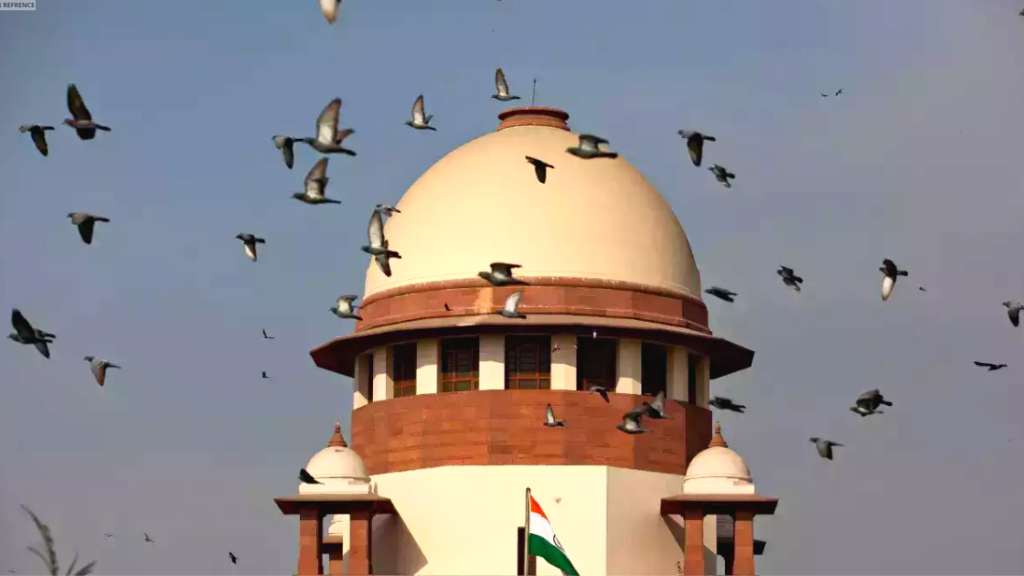
Transgender Rights and the Law: Supreme Court Intercedes to Protect Activist
Last Updated on October 21, 2023 by Administrator
Introduction
On October 18, the Supreme Court stepped in to shield a transgender rights activist from Manipur’s police, who had sought her arrest in connection with her social media posts regarding the alleged misuse of funds designated for transgender welfare. The court not only halted her potential arrest but also barred the Manipur police from pursuing any fresh charges based on these posts. This article delves into the issues, reasoning, and arguments surrounding this significant case and concludes with the broader implications for transgender rights.
Issues
The central issue revolves around the police’s actions, which the petitioner, Santha Khurai, contends are in violation of Section 160 of the Code of Criminal Procedure (CrPC). This section expressly forbids police officers from summoning women or children to any location other than their residences. The petitioner argues that transgender women, in line with the Supreme Court’s NALSA judgment, deserve protection under this law.
Reasoning
Santha Khurai’s ordeal began when she took to social media on September 1, 2023, to expose mismanagement of transgender welfare funds in Manipur. In response, male police officers arrived at her parents’ home on September 3, 2023, demanding her presence. The petitioner maintains that such a summons violates her rights, as established in the NALSA judgment, which recognizes transgender rights and the necessity of safeguarding them against discrimination.
Arguments
The petitioner underscores that requiring her to appear at a police station puts her at significant risk of violence and jeopardizes her right to bodily autonomy and safety. This situation aligns with the 1978 Supreme Court decision in Nandini Satpathy v. P.L. Dani, which emphasized that police officers must abide by the law and the safeguards in place to protect women and children.
Conclusion
The Supreme Court’s interim order to shield Santha Khurai is a crucial step in upholding the rights and dignity of transgender individuals. The case not only hinges on the enforcement of Section 160 of the CrPC but also symbolizes the ongoing struggle for inclusivity and protection in India’s legal system. The broader implications of this case may serve as a cornerstone in the fight for transgender rights and their protection from discrimination.
Written – Athi Venkatesh




